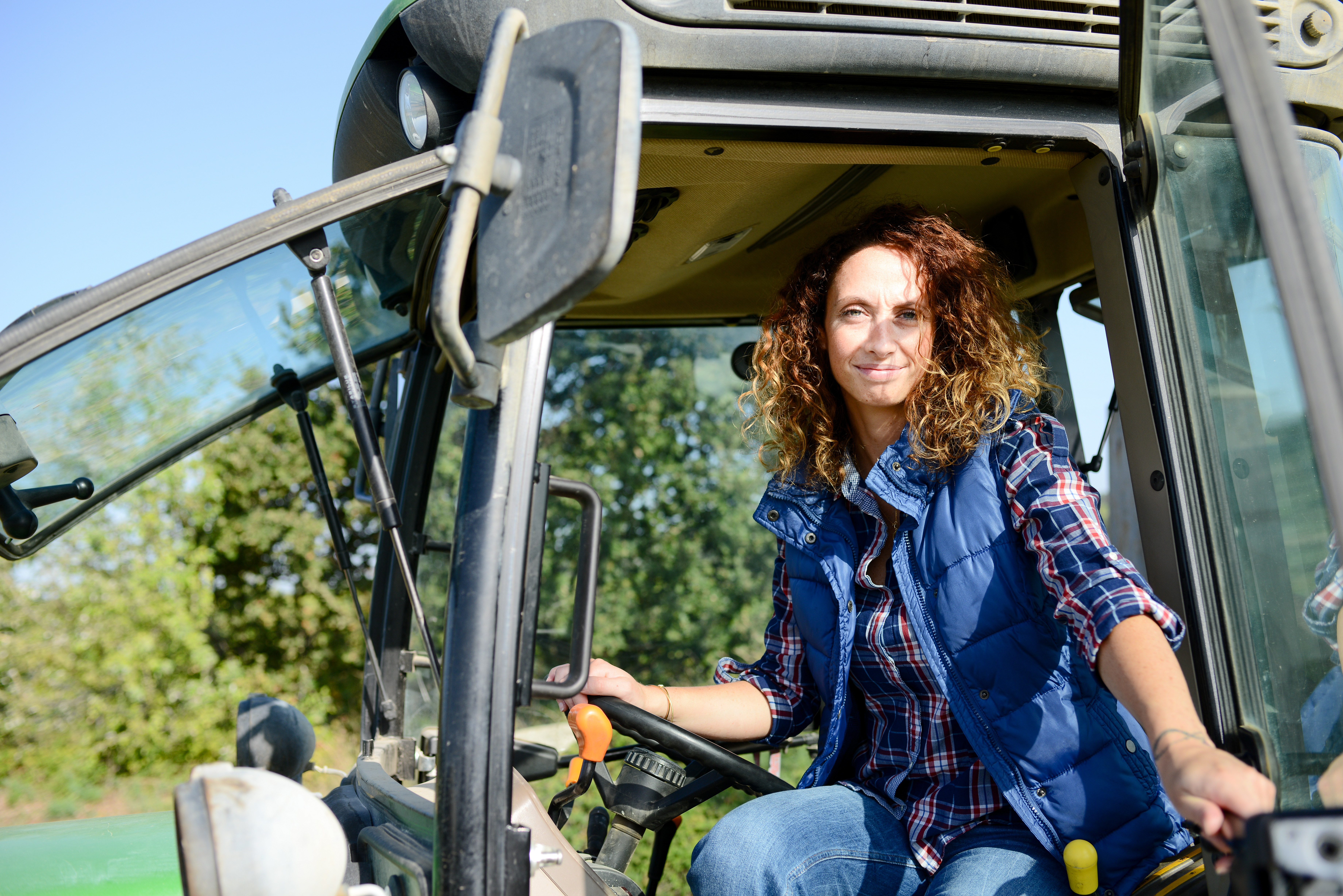



Copa and Cogeca showcase five key ways to support women farmers and female entrepreneurs
In honour of the International Day of Rural Women on 15 October, Copa and Cogeca, the EU farming union, outline the contributions of female farmers and entrepreneurs for European agriculture.The Women’s Committee of Copa-Cogeca published a reflection on the European Commission Communication on the Gender Equality Strategy, outlining the ways in which gender equality within the agricultural sector can be better supported, also highlighting key measures and opportunities to better promote gender equality within European policies.
Rural women are the backbone of Europe's rural areas, and they often have a multifunctional role in addition to managing their own farms, or working on their family farms. Rural women are also mothers, homemakers and educators yet their contribution to the rural economy and labour force is often overlooked or even invisible within the sector.


Today, women make up around 30 percent of the total number of farm owners or managers, in the EU, whilst around 80 percent are classified as a "farmers wife". More support is needed to motivate and to encourage women farmers to take a more prominent role in the agricultural sector, in order to enhance innovation and to help the sector increase its long term sustainability.
Currently, rural women face a triple threat; digital, rural and gender. They face a number of challenges and barriers that impede their active involvement in the rural economy such as; limited access to finance, poor infrastructure, gender pay gap and unequal distribution to household and care responsibilities.
The paper goes into detail about the ways in which we can support rural women, with 5 key points for action:
- Supporting work life balance initiatives, improving the quality and accessibility of infrastructure facilities and services will improve the situation and living standards for those living in rural areas.
- Promoting diversification and multifunctional activities in rural areas can provide opportunities for rural female entrepreneurs in sectors such as agro-tourism, direct marketing or social farming, etc.
- Cooperatives can play a vital role in supporting rural women and providing opportunities to rural areas in terms of employment, entrepreneurship and better access to market.
- Access to credit remains one of the biggest obstacles for female entrepreneurship that needs to be addressed. Avenues of funding targeting women through EU cohesion policy and Research and Innovation should be open to all regions, including rural areas.
- More data collection and information surrounding the economic and social situation of rural women is needed to better address inequality in rural areas.
By supporting key measures through different EU policies and initiatives, we can unearth the true potential of women farmers.
For Lotta Folkesson, the Chair of Copa Cogeca’s Women’s Committee, the potential of rural women and women farmers still remains untapped, “Through the empowerment of rural women, we can contribute to the development of the whole community. By further assisting and supporting women farmers we can boost rural entrepreneurship, self-employment and innovation in European agriculture. If we provide rural women with the right tools and opportunities, we can not only unlock their full potential, but it will also hugely benefit the vitality of our rural areas.”.












